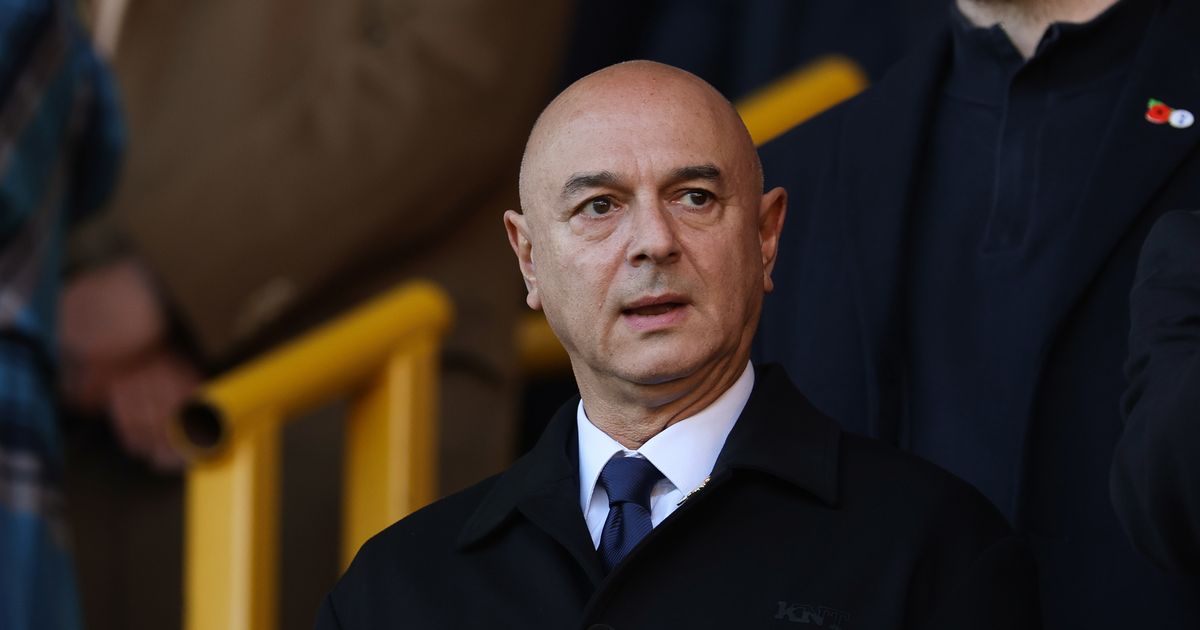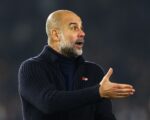
For Tottenham Hotspur chairman Daniel Levy, a major part of the plan to compete in the future has been tied to the ability to make the club robust from a financial perspective.
It is five years since Spurs made the move to their 62,850 state-of-the-art home after deciding to leave White Hart Lane some years previous. It has been a decision that has already started to pay financial dividends.
The motivation behind the move was to maximise revenue potential and commercial benefits of both a matchday and also additional non-football events, such as the NFL series that is held at the stadium.
READ MORE:Daniel Levy has already dropped huge Ange Postecoglou sack hint as Tottenham questions emerge
READ MORE:The Daniel Levy statement that doesn’t add up when it comes to Tottenham and Ange Postecoglou
The move has seen revenues climb considerably at Spurs, and they have positioned themselves as one of the most financially robust clubs in Europe, with matchday revenue growth having risen 118% between 2014 and 2023, from £42m to £118m.
That increase is by far and away the highest increase across the Premier League’s biggest clubs, expected given that Spurs moved to a completely new bespoke stadium where they were able to tailor it to their needs.
The decision has laid the foundation for future success, even if competitive success has remained largely elusive. Spurs undertook a major project at some £1.2bn in cost at a time when interest rates and the cost of capital were far lower. For clubs like Manchester United, who face the need to move away from Old Trafford to a bespoke stadium of their own at some stage in the not-too-distant future, that will likely be far more expensive.
The decision is already making financial sense for Spurs and Levy, with data presented by CBS Sports showing the North London side to be the third most profitable sports team in the world, behind only the NFL powerhouses of the New England Patriots in second, and Dallas Cowboys in first.
The data works on the basis of earnings before interest, taxes, depreciation, and amortisation (EBITDA), assessing the most recent three-year period of operating income.
It places Spurs third at $414m (£324.3m using today’s exchange rate), ahead of the New York Knick NBA team in fourth ($404m), and Manchester United in fifth ($403m). The only other Premier League team, and indeed football team globally, to appear on the list was Manchester City in 10th spot ($329m).
The other teams to appear in the list were all from North American major league sports; Houston Texans, Golden State Warriors, Los Angeles Lakers, and New York Giants.





